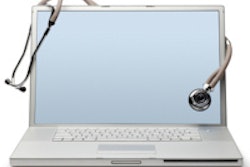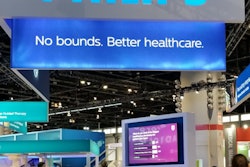
The U.S. government is proposing new rules to give patients easier access to their own medical data through devices such as smartphones. The U.S. Office of the National Coordinator for Health Information Technology (ONC) hopes the rules will improve data interoperability and empower patients to take more control over their care.
The proposed rule implements provisions of the 21st Century Cures Act, such as the legislation's prohibition of information blocking, in which patients are prevented from accessing their own medical data. The proposed rule defines the conditions that IT software developers must meet to ensure that patients have access to their electronic health information, and it also provides seven categories of practices that would not be considered information blocking.
The ONC's rule calls on health IT developers to adopt standardized application programming interfaces (APIs) that would make it easier for patients to securely and easily access their electronic health information through devices such as smartphones. Developers would be prohibited from charging fees related to API access except in certain limited conditions.
The proposed rule also provides an established definition of the term "interoperability," defining it as health IT that enables the secure exchange of electronic health information between systems without special effort on the part of users. Interoperability also allows for complete access, exchange, and use of all electronically accessible data by authorized users.
Finally, the rule establishes conditions and maintenance of certification for health IT developers and their IT modules, and it addresses the certification of health IT for pediatric care.



















